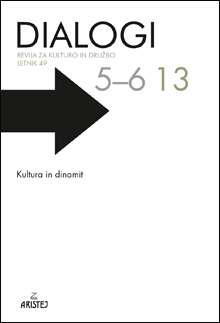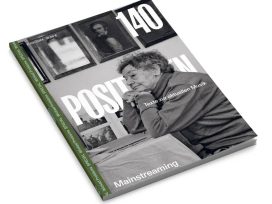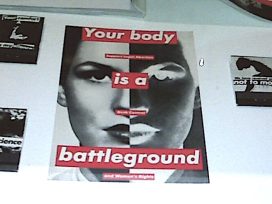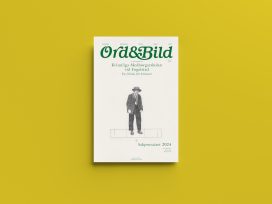As the editor and director of Dialogi, and the sole owner of the small publishing house that publishes the journal, I never choose staff or contributors according to their gender. The only condition is quality, qualifications and specialized skills. That’s also why I don’t believe in quotas for women.
The structure of our editorial board (six men and two women) reflects the general state of affairs in Slovenian society: there is a highly educated female population but, while working women do occupy positions in the upper echelons of professional life, they occupy only a minority of leading management positions. The grounds for this are hidden through the preservation of many elements of traditional life in the private sphere (women still do most of the household work and child education).
But I notice more women than men among younger writers, especially critics. The grounds for this probably lie in the numbers of female vs. male students in the humanities and social sciences at university, among whom the majority are female. When I was a student 30 years ago, girls also constituted the majority in these areas, but their professional ambitions were orientated more toward teaching (that is, becoming a teacher in primary or secondary school), and not so much toward becoming an author or a critical intellectual. Today’s generations of female students are more ambitious and also write.
Gender and cultural journals
Eurozine partner journals are not unique in being dominated by male editors and contributors. But what’s the bigger picture regarding gender and cultural journals? Do journals have the resources to deal with it? And what role does gender play, if any, where commissioning patterns and content are concerned?
Eurozine asked selected partner journals to respond to a European survey on gender and cultural journals that examines these issues in greater depth.
Dialogi, Slovenia
Soundings, UK
Syn og Segn, Norway
Esprit, France
Merkur, Germany
Gernero, Serbia
ResPublica Nova, Poland
Spilne, Ukraine
L’Homme, Austria
We have opened up a space for gender as a theme in
Dialogi: during the last five years we published, for instance, a focus on feminism today and another on LGBT film, both of which included gender issues. In both cases, most of the authors were women and they are better equipped to write on gender. Why? Because they know the problems intimately from their everyday life. Many men make an effort to learn about feminism, but their gender privilege means that they do not become involved in issues of female empowerment.
I don’t know if cultural journals will ever become a force for change again (we had such example in Slovenia in 1980s when the intellectuals around the journal Nova revija created an independence programme for Slovenia), but things have moved on since my editorial of 2010. Whereas then, an effective public feminist movement was found to be almost entirely lacking, in the uprising movement during the past year, a feminist group No Without Women also appeared, which is still active.
 Therefore we can in fact say that the uprisings in Slovenia have also activated the feminist movement.
Therefore we can in fact say that the uprisings in Slovenia have also activated the feminist movement.

 Therefore we can in fact say that the uprisings in Slovenia have also activated the feminist movement.
Therefore we can in fact say that the uprisings in Slovenia have also activated the feminist movement.




